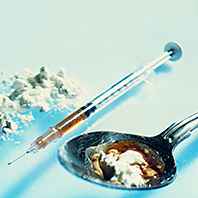There are many actions you can take to lower your risk of getting or transmitting HIV if your partner’s HIV status is different from yours. The more actions you take, the safer you can be.
• If you have HIV, take ART as prescribed. ART can reduce the amount of virus (viral load) in your body. Taking ART as prescribed can make your viral load so low that a test can’t detect it. This is called an undetectable viral load. If you keep an undetectable viral load , you can stay healthy for many years and will not transmit HIV through sex.
• Choose less risky sexual behaviors than anal or vaginal sex, such as oral sex.
• Use condoms the right way every time you have sex.
• If you’re HIV-negative, talk to your health care provider to see if taking medicine as prescribed to prevent HIV (called pre-exposure prophylaxis, or PrEP) is right for you.
• If you’re HIV-negative and might have been exposed to HIV recently (within the last 3 days), talk to your health care provider right away about medicine to prevent getting HIV (called post-exposure prophylaxis, or PEP). For example, if the condom breaks during sex and you’re partner is not taking ART and doesn’t have an undetectable viral load, PEP might keep you from getting HIV. But it must be started within 72 hours of the exposure.
• Get tested for HIV and encourage your partner to do the same.

More information: The only way to know for sure if you have HIV is to get tested. Before having sex for the first time, you and your partner may want to get tested for HIV and learn the results. Be aware that there’s a window period, which is the time between when a person gets HIV and when most HIV tests will show that a person has it. If you have sex before you learn your test results, using a condom the right way every time you have sex can lower your risk for getting or transmitting HIV.
• Get tested and treated for other STDs and encourage your partner to do the same.

More information: Having other STDs increases your risk for getting or transmitting HIV. If you are sexually active, get tested for STDs at least once a year.
Your health care provider may also suggest a herpes test.





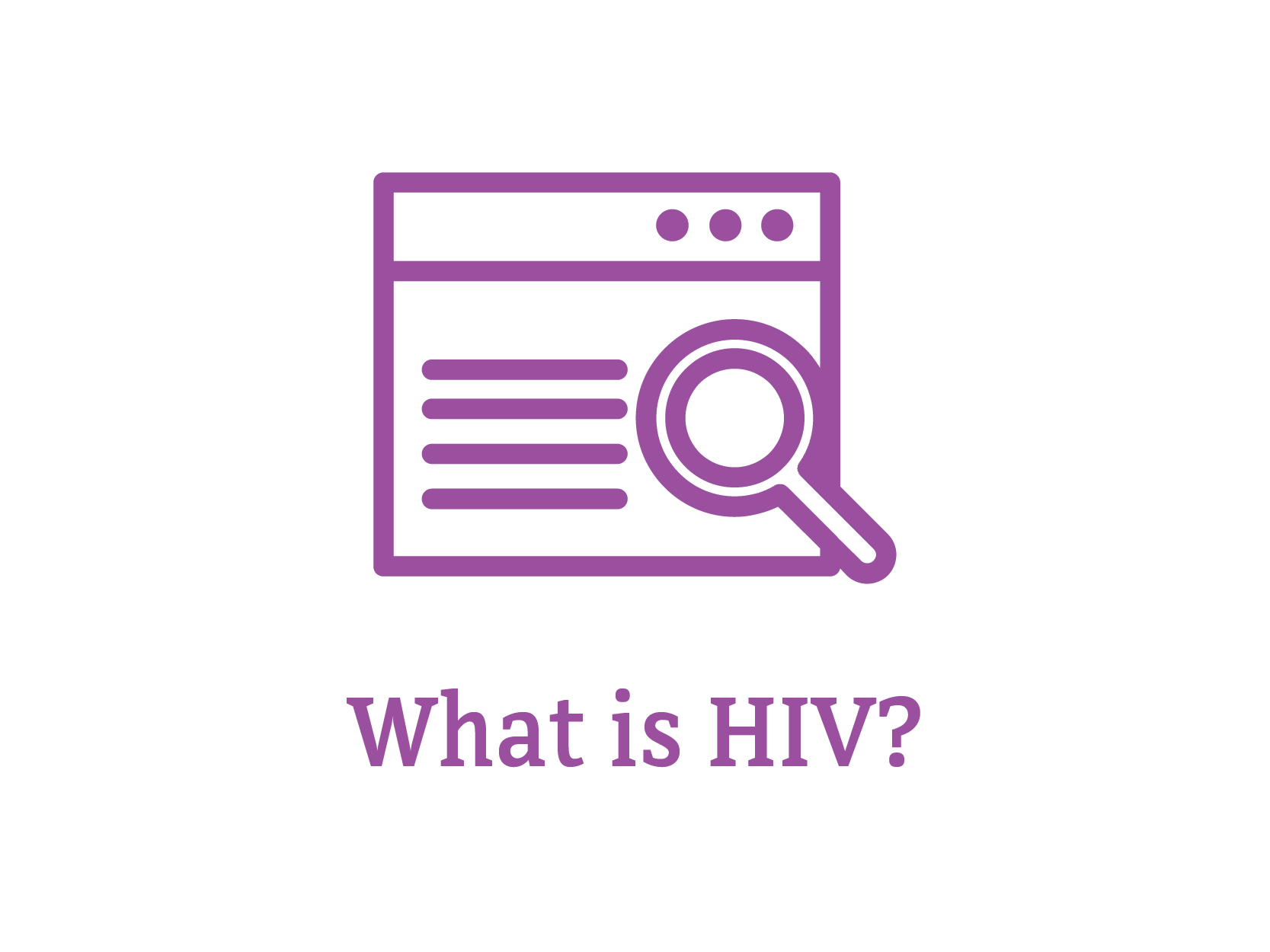
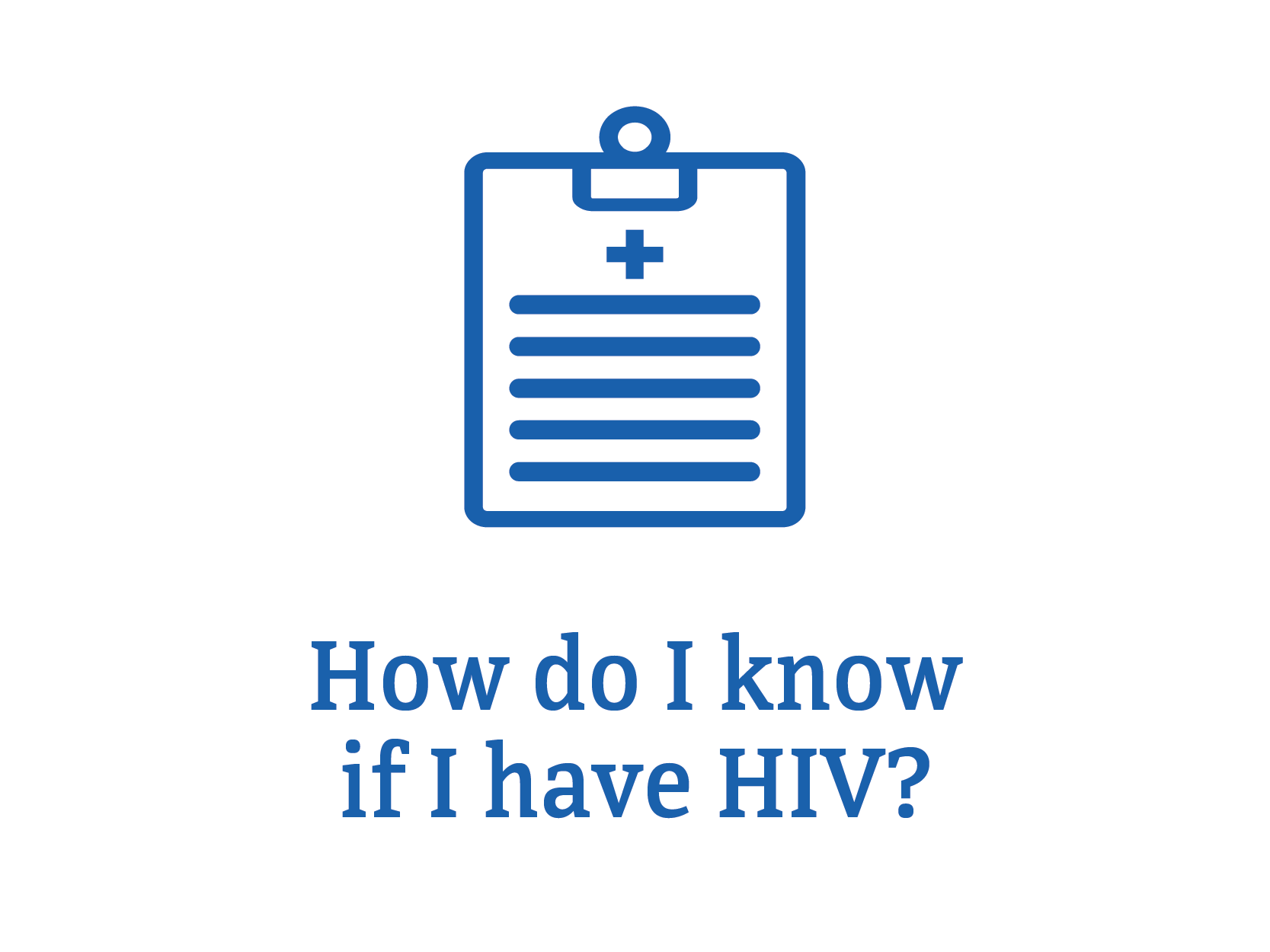
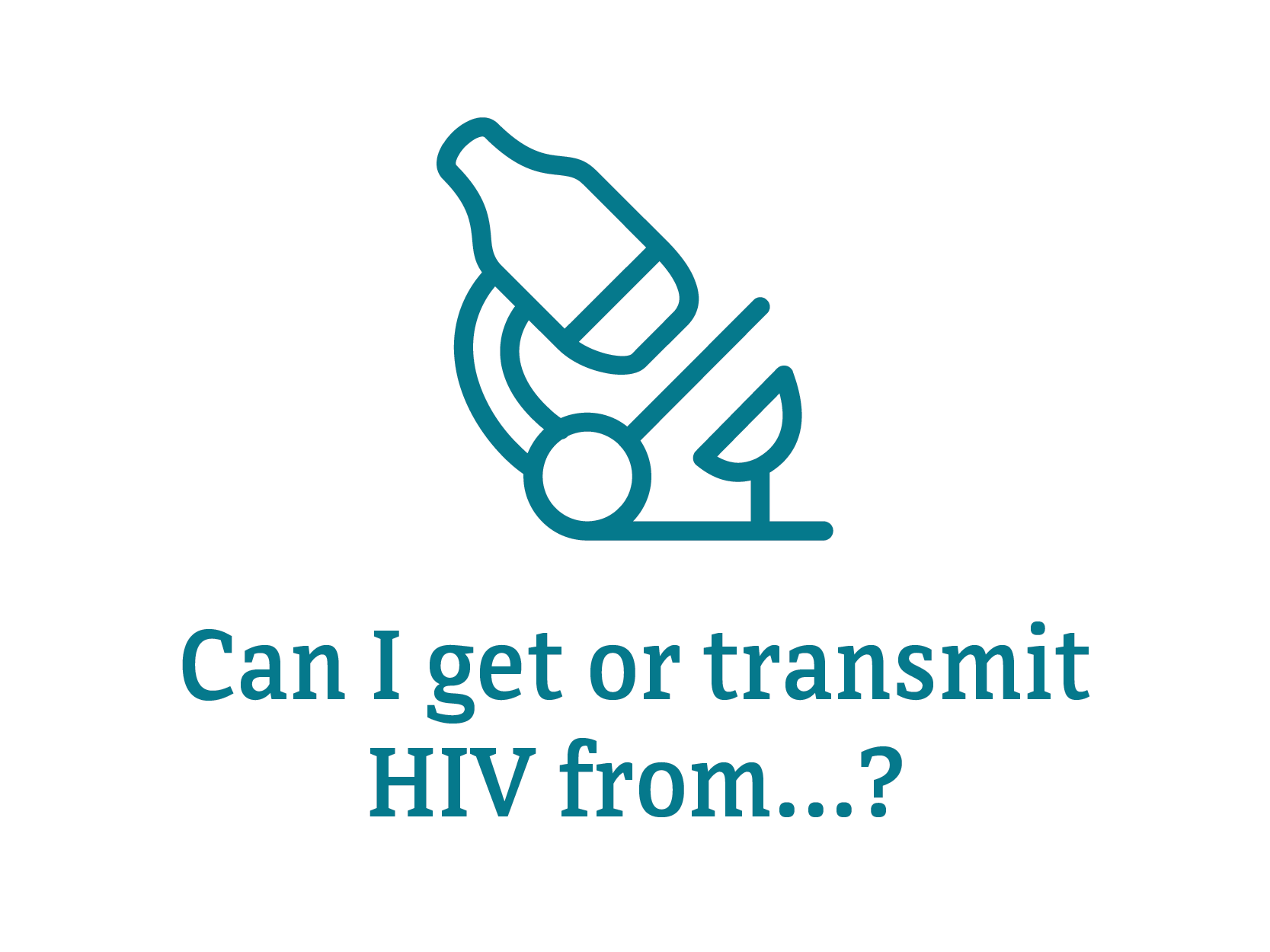
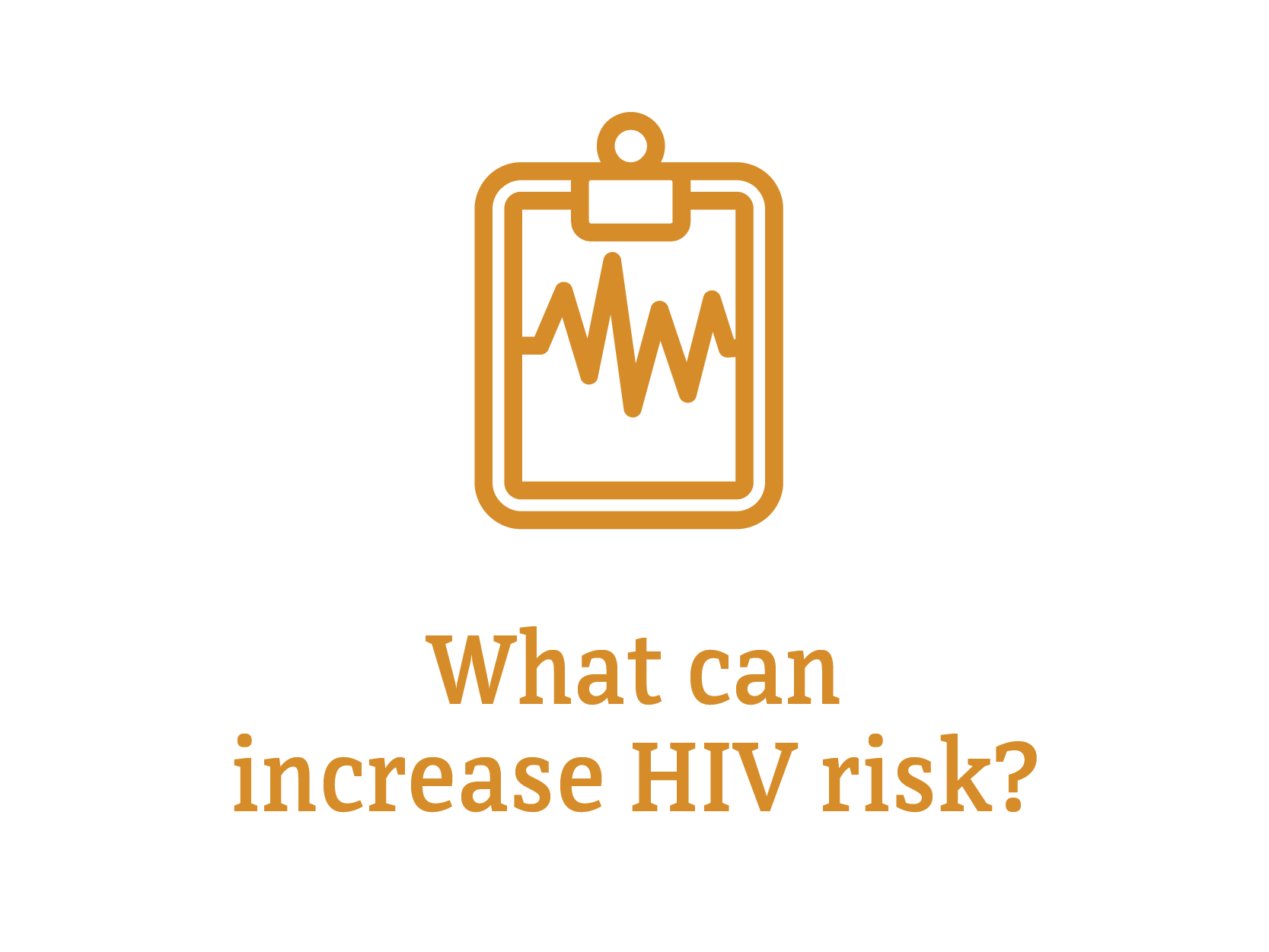
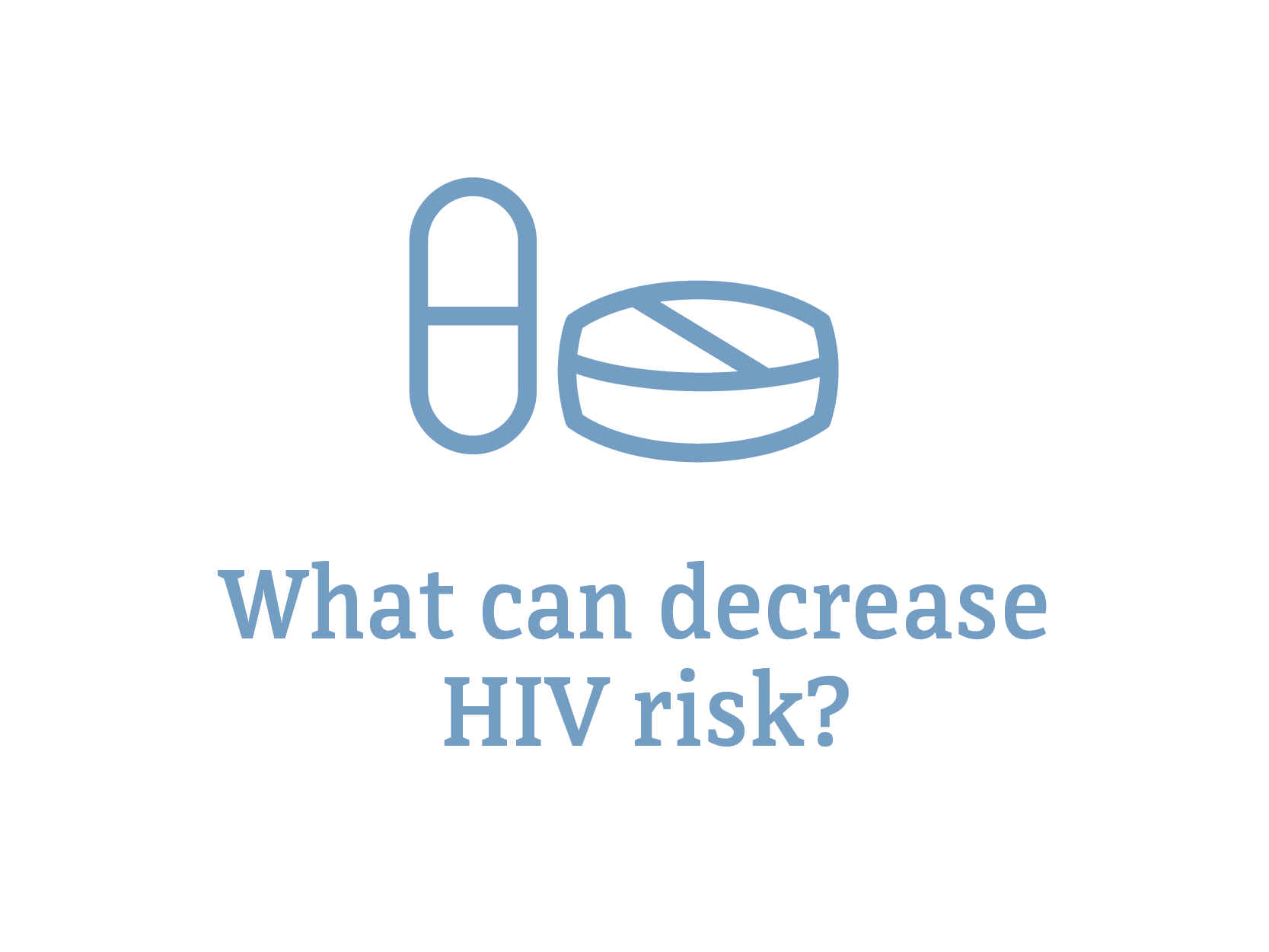
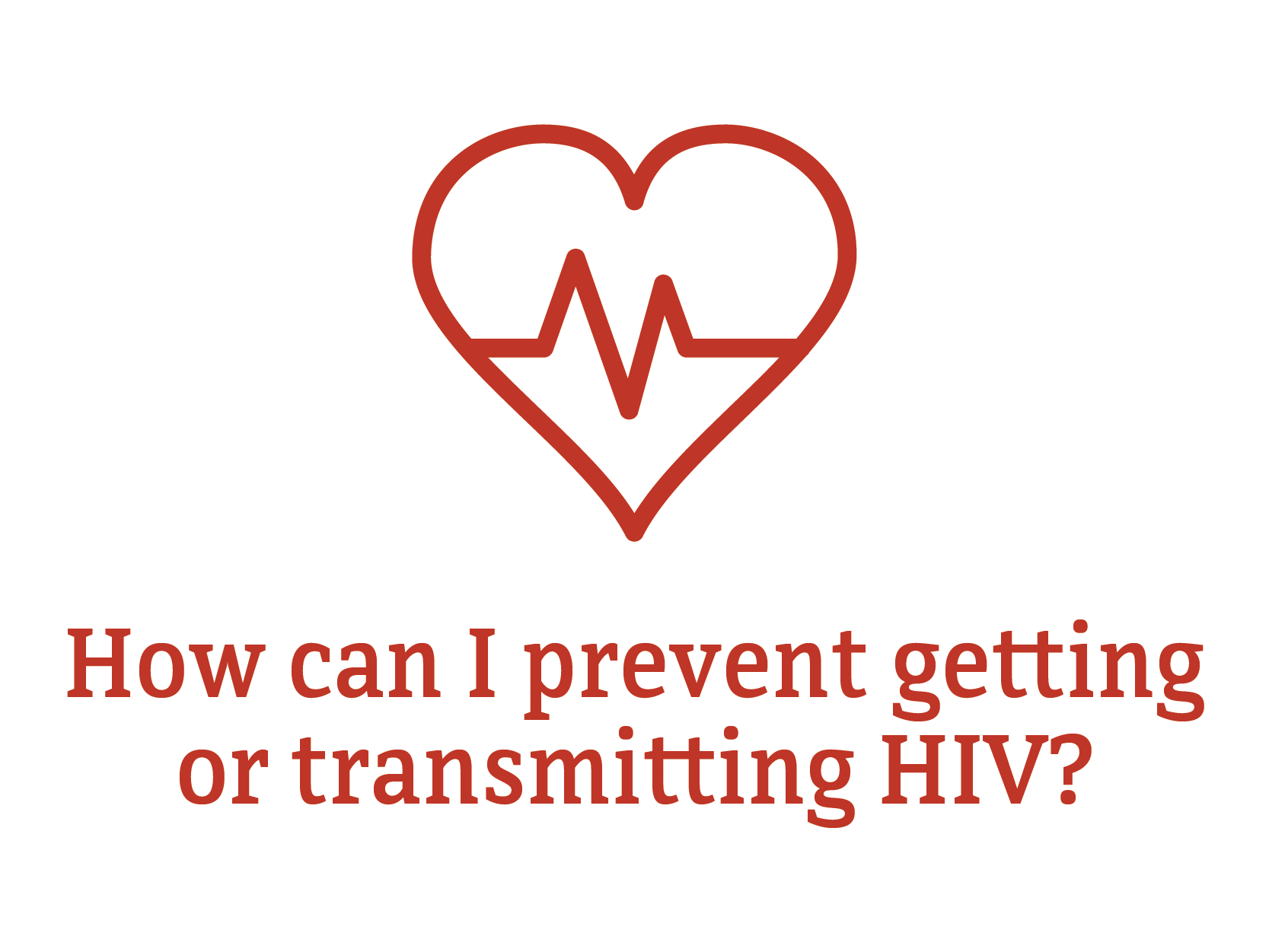










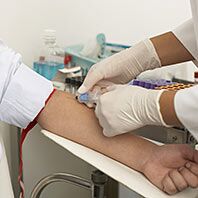
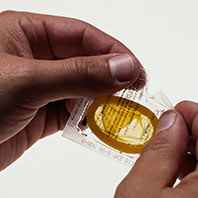
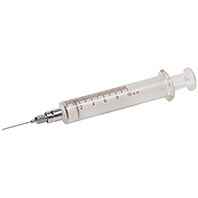 The risk for getting or transmitting HIV is very high if an HIV-negative person uses
The risk for getting or transmitting HIV is very high if an HIV-negative person uses 
